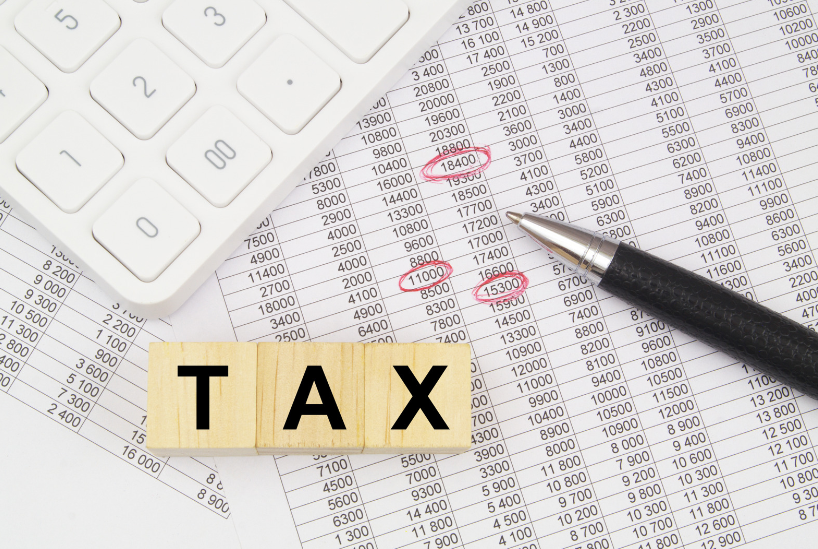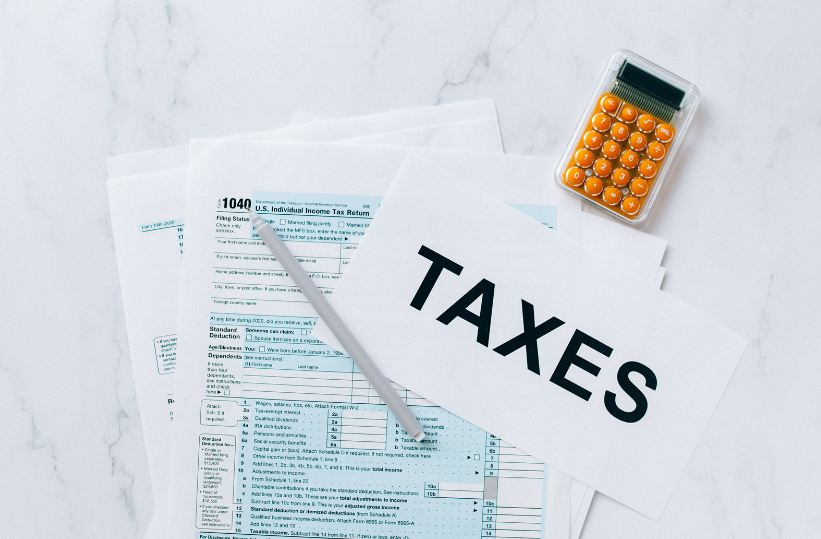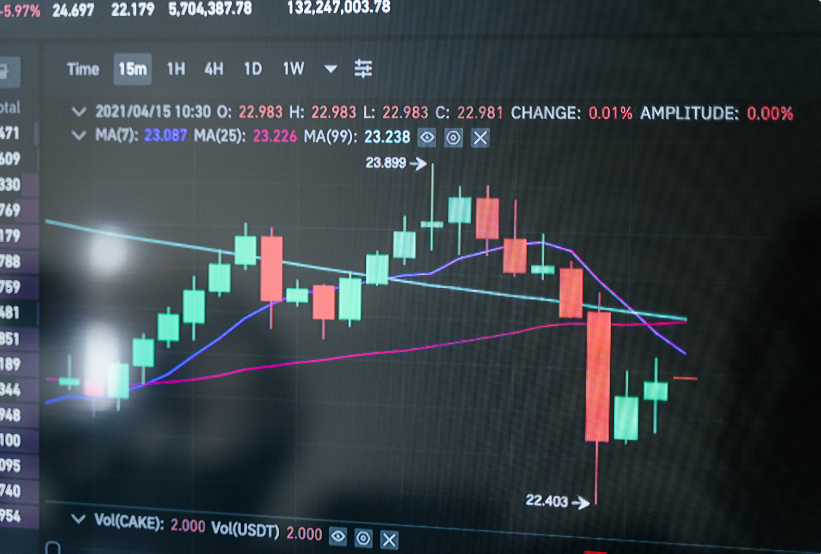 Tax Implications of Forex Trading: The allure of forex trading is undeniable, but understanding the tax implications can feel overwhelming. This guide unravels the complexities, helping you navigate the tax landscape with confidence. While for more information about technical indicators for forex trading, check our article, by clicking at this link.
Tax Implications of Forex Trading: The allure of forex trading is undeniable, but understanding the tax implications can feel overwhelming. This guide unravels the complexities, helping you navigate the tax landscape with confidence. While for more information about technical indicators for forex trading, check our article, by clicking at this link.
Are Forex Trades Taxed?
Even though forex trades can be taxed in most countries, the exact way they’re taxed depends on a few things:
- Where you live: Tax rules are different everywhere. To ensure proper tax compliance, verify your country’s regulations on how forex profits and losses are treated.
- How much do you trade: Are you just doing forex trading here and there, or is it your full-time job? High-volume forex trading with significant capital could trigger reclassification as a business for tax purposes, potentially changing your tax bracket to a higher rate.
- What kind of account you use: Some account types, like CFD (Contracts for Difference), might have different tax rules compared to regular forex trading accounts.
How Are Forex Profits Taxed?
There are two main ways your forex profits might get taxed:
- Regular Income Tax: Frequent buying and selling of currencies (usually held for less than a year) triggers regular income tax on any profits you make. This means you’d pay the same tax rate you do on your salary, which can be high depending on how much you make overall.
- Capital Gains Tax: If you hold currencies for a longer time (typically over a year) before selling them for a profit, you might pay capital gains tax. These taxes are usually lower than regular income taxes.
Keeping Track of Your Trades:
So, to make tax filing easier, it’s important to keep good records of your forex trades. This should include:
- The date and time of each trade: When you bought and sold each currency.
- The currency pair you traded: Which two currencies you were swapping (e.g., USD/EUR)?
- The price you bought and sold at How much you paid for the currency and how much you sold it for.
- The amount you traded: How much of each currency you bought or sold.
- How much you made or lost: The profit or loss you earned on each trade.
Tax Benefits:

While there aren’t exactly tax breaks for forex trading, you might be able to deduct some costs in certain situations. These could include:
- Trading platform fees: The charges you pay to use a platform for buying and selling currencies.
- Market analysis tools: Subscriptions to services that help you analyze currency trends.
- Educational resources: Courses or materials you use to learn more about forex trading.
Remember: These deductions can vary depending on where you live. It’s always best to check with a tax advisor to see what applies to you in your country.
How Much Tax Do Forex Traders Pay?
Unfortunately, there’s no one-size-fits-all answer. The amount of tax you pay depends on the factors mentioned above, particularly:
- Your Tax Bracket: Your marginal income tax rate determines how much tax you’ll pay on ordinary income.
- Capital Gains Rates: Capital gains taxes have different rates depending on your country and the length of time you held the asset (currency).
- Trading Profits: The total amount of profit you generate from your forex trades will directly affect your tax liability.
Key Takeaways:
- Record Keeping is Crucial: Maintain meticulous records of your forex trades.
- Seek Professional Advice: To ensure you fully understand your tax obligations for forex trading, seek guidance from a qualified tax advisor experienced with forex.
- Stay Updated: Tax laws are subject to change. Stay informed about the latest regulations in your country.
Tax Implications of Forex Trading in Different Countries:

Forex tax rules can be different depending on where you live. Here’s a quick look at how some major countries handle forex profits:
- USA: In the US, how long you hold onto a currency before selling (holding period) matters. Short-term trades (less than a year) are taxed like regular income. Long-term trades (over a year) usually get a lower tax rate.
- UK: In the UK, frequent buying and selling of currencies (usually held for less than a year) might be subject to income tax, while less frequent trading with longer holding periods typically falls under capital gains tax, which is generally lower. The exact rate depends on how much you earn overall.
- Australia: Similar to the UK, Australia taxes forex profits as capital gains, but with a special way of calculating them that might mean you pay less tax.
- Canada: Canada treats forex profits a bit differently. They tax them like business income, which can be higher than capital gains tax. However, you might be able to claim some deductions to lower your tax bill.
Additional Considerations:
- Currency Fluctuations: The value of currencies can change all the time. These changes might give you a profit or a loss, and depending on your country’s tax laws, these gains or losses might affect your taxes.
- Reporting Your Trades: Many countries require forex traders to report their trading activity to the tax authorities. So, this might involve filling out special tax forms or keeping detailed records of all your trades.
- Getting Help from a Tax Pro: Forex tax rules can be complex. It’s a good idea to talk to a qualified tax advisor who understands forex trading. They can give you personalized advice based on your situation and help you navigate the tax implications smoothly.
By understanding the tax implications of forex trading and taking the necessary steps to comply, you can ensure a smooth and stress-free tax season. Remember, responsible tax planning is essential for any forex trader.
The Bottom Line: Tax Implications of Forex Trading
So, forex trading can be exciting, but figuring out the taxes can be tricky. Here’s the key takeaway: Knowing how your country’s tax laws work, how often you trade, and what kind of account you use affects how much you owe. Keeping good records of your trades and maybe talking to a tax pro can help you avoid tax trouble (and maybe even save some money!) By planning and staying up-to-date, you can make your forex trading journey smoother.
